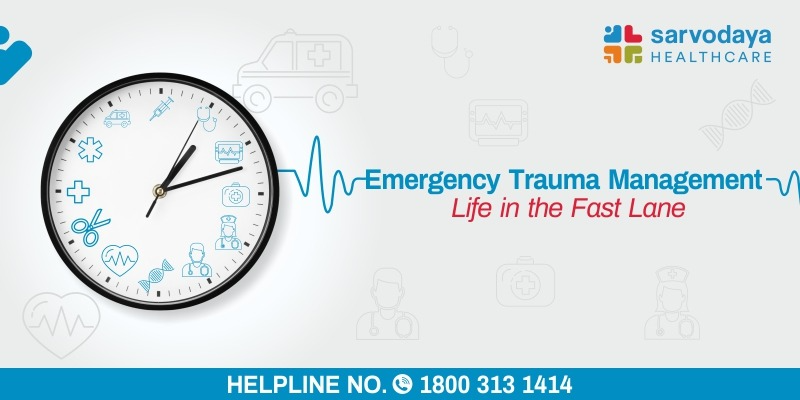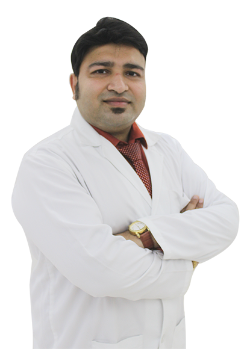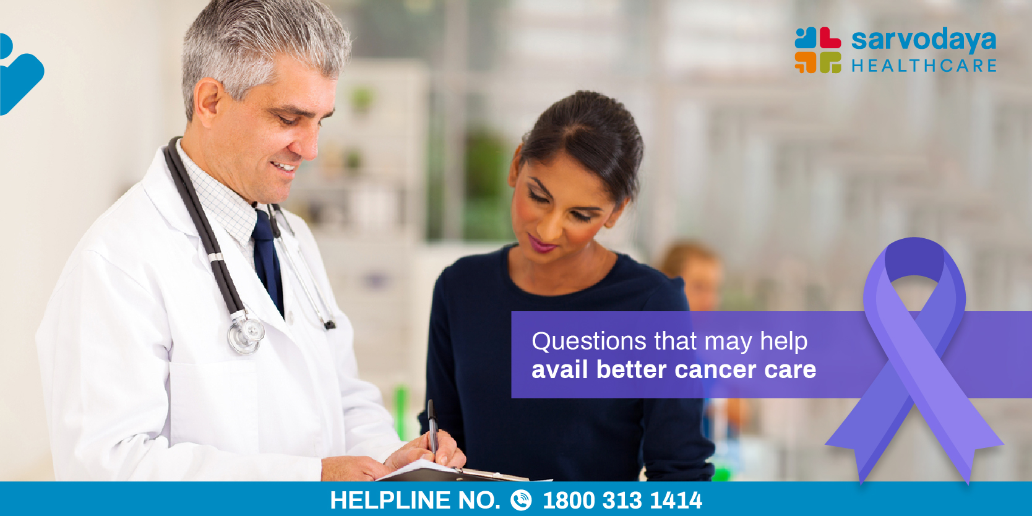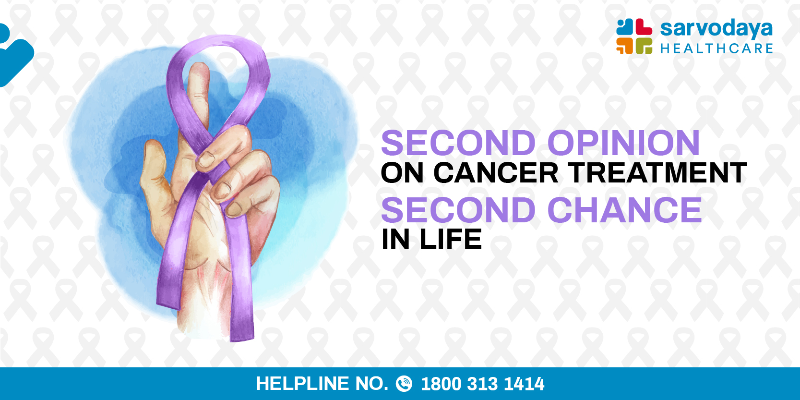A 16-year-old boy is wheeled into the Centre for Emergency & Trauma after being run over by a truck. The patient is rapidly assessed, given essential life-saving emergency care including blood transfusions and is immediately rushed into the operation theatre for a suspected pelvic (hip bone) fracture. Two weeks later, the patient is sent back home, alive and hearty - one of the many success stories where prompt emergency management saved a life.
So what does a person involved in a motor vehicle collision or a fall, a child who breaks a bone, and a physical assault victim should do? They all must seek emergency treatment for their trauma-related injuries.
Trauma is the leading cause of death under the age of 45 years all over the world, with the majority of victims being young males. Motor vehicle accidents are the major contributor to these types of fatalities; in children too under the age of 18, trauma is the leading cause of death and ranks higher than all other diseased conditions combined. Surprisingly, the number of years of life lost before the age of 65 due to trauma exceeds those lost from heart disease and cancer put together. There is a massive additional social burden from disability affecting survivors as well.
Traumatic injuries can range from minor isolated wounds to complex injuries involving limbs or multiple organ systems. The trauma can be blunt or penetrating - like a stab or a gunshot wound.
Majority of deaths occur either at the scene or within the first four hours after the patient reaches a trauma centre. Relatively, fewer patients die after the first 24 hours have passed following the injury. Deaths due to excessive blood loss are most preventable.
Regardless of the cause or type of trauma, the ultimate goal of treatment is to minimize the disability and deaths associated with the injury. It involves reducing the deaths associated with the 2nd-peak period which occurs in the hours shortly after the injury.
Sarvodaya Hospital & Research Centre, Sector 8, Faridabad, is a Level 1 trauma centre providing a multidisciplinary, extensive emergency medical service to trauma patients with the highest level of care, and is capable of offering definitive treatment for any type of injury. The Emergency & Trauma department is manned by emergency physicians who specialize in this field of practice. It also has availability of all surgical sub-specialities and advanced imaging capabilities. The hospital operates on a “collaborative team approach”. The team is inclusive of emergency physicians, general surgeons, orthopaedic surgeons, neurosurgeon, reconstructive surgeons and anesthesiologists, who are experts in treating trauma victims. We also have a 24-hour functioning blood bank, operation theatres and a NABL accredited laboratory, apart from a 24X7 Radiology department for carrying out emergency X-rays, Ultrasound, CT scans and MRI.
With our comprehensive trauma care and emergency medical services, we are able to care for the most life-threatening emergencies at a moment’s notice.










